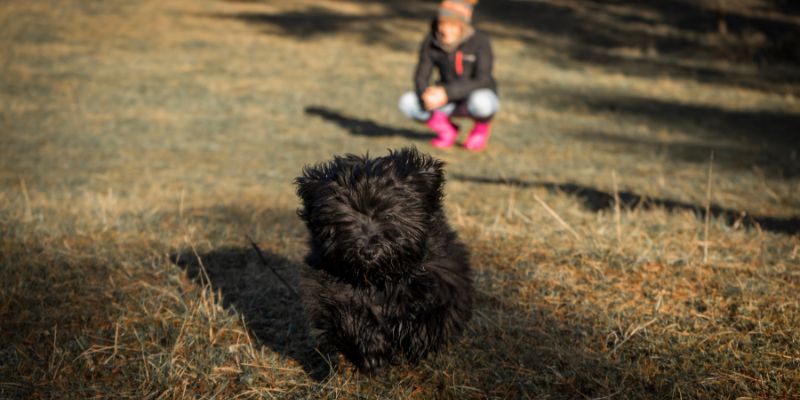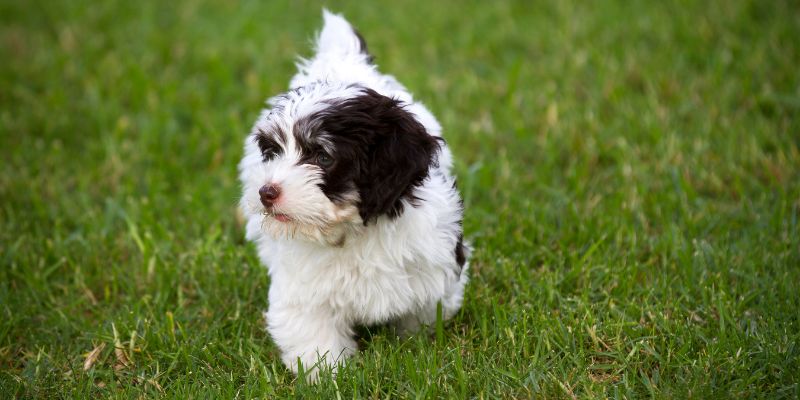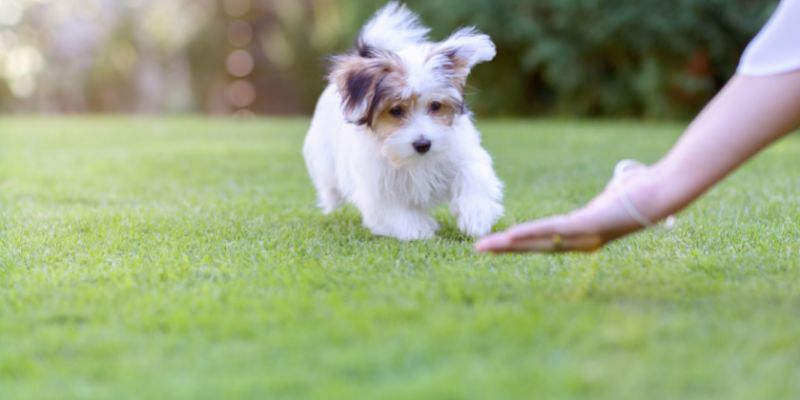
Havanese Breeders Manitoba
By Lucasjd
Are you looking for a Havanese breeder in Manitoba? Gateway Havanese is located in Canada ...
Read more
By Lucasjd
Are you looking for a Havanese breeder in Manitoba? Gateway Havanese is located in Canada ...
Read more
By Lucasjd
Are you looking for a Havanese breeder in Saskatchewan, Saskatoon or Regina? Gateway Havanese is ...
Read more
By Lucasjd
Havanese vs Westie When it comes to long-haired dogs, there are many that still have ...
Read more
By Lucasjd
Havanese vs Coton de Tulear The Havanese breed of dog is one that is very ...
Read more
By Lucasjd
Do Havanese Need Another Dog? In the last several years, the Havanese breed of dog ...
Read more
By Lucasjd
Can Havanese Fly In Cabin? TLDR: – Yes Havanese can fly in the Cabin. Most ...
Read more
By Lucasjd
Best Dog Clippers For Havanese The Havanese is a breed of dog that is well-loved ...
Read more
By Lucasjd
How Long Are Havanese Pregnant Havanese dogs are well known for being sweet and cuddly, ...
Read more
By Lucasjd
Havanese Colors The Havanese is a breed that has skyrocketed in popularity in recent years. ...
Read more
By Lucasjd
Best Brush For Havanese Your Havanese has a delicate coat, and it is important that ...
Read more
By Lucasjd
Are Havanese Good With Cats? The Havanese is a breed of dog that is able ...
Read more
By Lucasjd
Are Havanese Good For Allergy Sufferers? Yes, Havanese dogs are GREAT for allergy sufferers. The ...
Read more
By Lucasjd
Are Havanese Fussy Eaters? So, are Havanese fussy eaters? The Havanese Fanciers Association does say ...
Read more
By Lucasjd
Are Havanese Easy to Housebreak? Luckily, the Havanese breed is one that is highly intelligent! ...
Read more
By Lucasjd
Are Havanese Dogs Smart? The Havanese dog breed is one that has rapidly increased in ...
Read more
By Lucasjd
Are Havanese Dogs Brachycephalic? If a dog is brachycephalic, this means that they have a ...
Read more
By Lucasjd
Havanese Beagle Mix We see innovation in many areas of our life, and one of ...
Read more
By Lucasjd
Havanese Black and White The Havanese breed is one that has seen a resurgence and ...
Read more
By Lucasjd
When Do Havanese Stop Growing? A Havanese dog is a toy breed, so it does ...
Read more
By Lucasjd
When Do Havanese Puppies Lose Their Teeth Losing your baby teeth is a pivotal part ...
Read more
By Lucasjd
When Do Havanese Growth Plates Close? The Havanese is one of the most popular breeds ...
Read moreBy Lucasjd
What Do Havanese Usually Die From? The Havanese dog is a breed that has risen ...
Read more
By Lucasjd
What Are Havanese Bred For? If you are unfamiliar with the Havanese dog, you may ...
Read more
By Lucasjd
How Often Should I Bathe My Havanese? The Havanese breed is one that is easily ...
Read more
By Lucasjd
How Fast Does Havanese Hair Grow? How Fast Does Havanese Hair Grow? The coat of ...
Read more
By Lucasjd
How do Big Do Havanese get? The Havanese is a toy breed that has become ...
Read more
By Lucasjd
Which Is Better Male or Female Havanese If you are shopping for a dog and ...
Read more
By Lucasjd
Havanese Schnauzer Mix According to the American Kennel Club, the Havanese is the 24th most ...
Read more
By Lucasjd
Havanese Pug Mix These days, innovation is something we see and value, too, in all ...
Read moreBy Lucasjd
Havanese Pomeranian Mix These days, there are more options than ever when you are looking ...
Read more
By Lucasjd
Havanese Lhasa Apso Mix The Havanese is a popular dog breed these days, and due ...
Read moreBy Lucasjd
Havanese Jack Russell Mix The Havanese is the 24th most popular dog in the states, ...
Read more
By Lucasjd
Havanese Corgi Mix These days, many breeders are mixing dog breeds in order to create ...
Read more
By Lucasjd
Havanese Bichon Mix – The Havachon If you already know of the Havanese dog breed, ...
Read more
By Lucasjd
Cocker Spaniel Havanese Mix the Havaco Dog These days, there is a lot of innovation ...
Read more
By Lucasjd
Are Havanese Hard to Potty Train? Potty training is one of the necessary responsibilities when ...
Read more
By Lucasjd
How Long Do Havanese Live It is commonly known that smaller dog breeds often have ...
Read more
By Lucasjd
How Far Can a Havanese Walk When you are taking on the care of a ...
Read more
By Lucasjd
Do Havanese Have an Underbite? Underbites can be a divisive topic when it comes to ...
Read more
By Lucasjd
Are Havanese Dogs Good Apartment Dogs? If you have an apartment and are hoping to ...
Read more